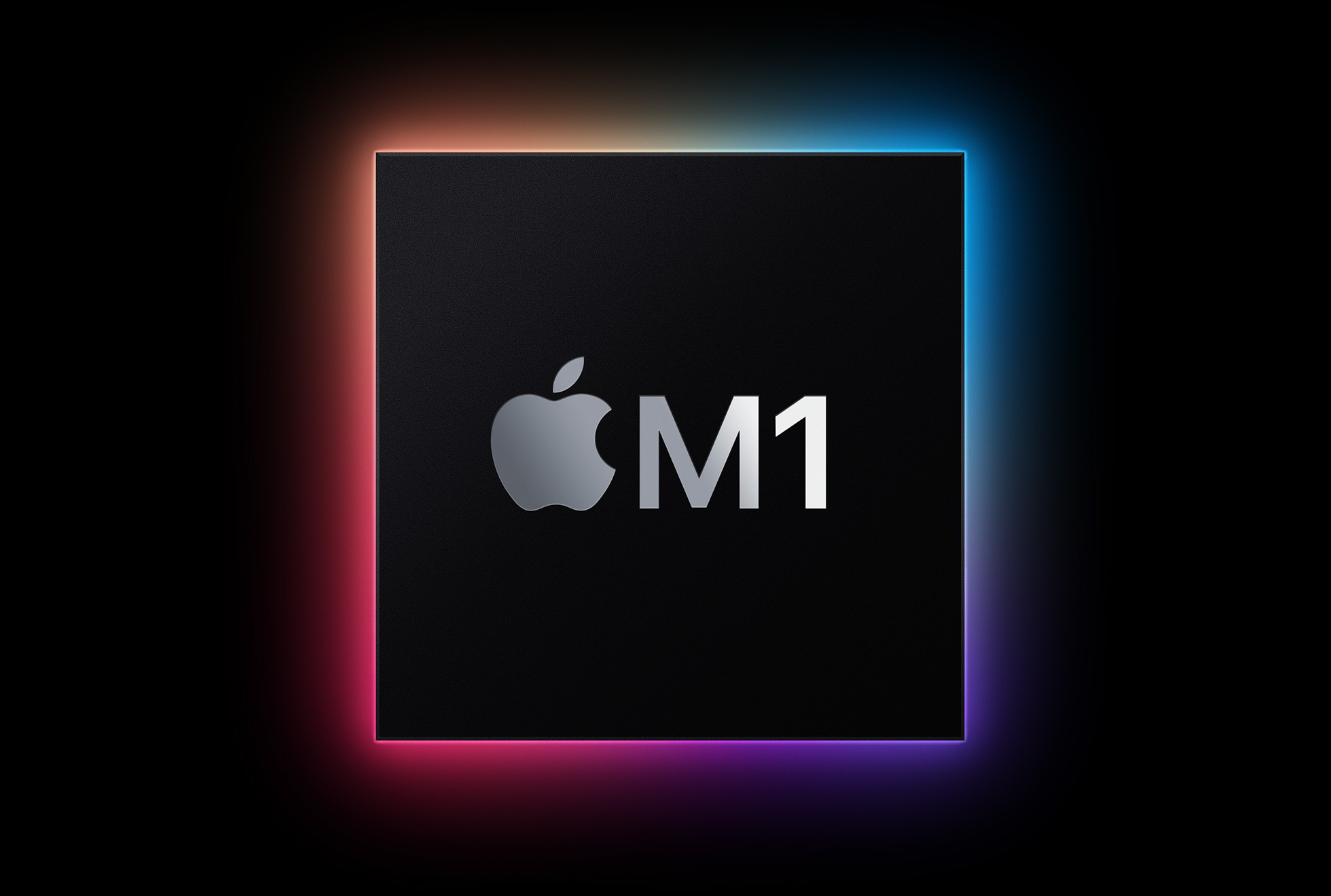
Apple's first Macs with M1 Apple Silicon chips were introduced earlier this week and will be in the hands of customers by next Tuesday. Amid the release, Apple engineering chief Craig Federighi, hardware engineering VP John Ternus, and marketing chief Greg Joswiak spoke with The Independent to discuss the new Macs.

When announcing the new M1 MacBook Air, MacBook Pro, and MacBook mini, Apple had bold claims about their speed relative to both older Macs and PCs, and benchmarks last night proved that those claims are true. The new Mac models are faster than any other Mac in single-core performance and beat out many high-end machines, including the 16-inch Retina MacBook Pro, in multi-core performance.
On performance, Federighi says that Apple "overshot" and the M1 chip turned out to be better than Apple thought it would be. Apple execs were shocked at the battery life numbers.
According to Ternus, during the development process, it became clear that the chip was doing more than had been expected. Apple's teams were "so passionate and excited" about the chip that they just kept pushing and optimizing."We overshot," says Federighi. "You have these projects where, sometimes you have a goal and you're like, 'well, we got close, that was fine'. [...]
"We started getting back our battery life numbers, and we're like, 'You're kidding. I thought we had people that knew how to estimate these things'."
On the name, Joswiak said that "M1 makes a lot of sense for a Mac chip," because Apple aims to use letters that make sense. A in the A-series chips used in iOS devices stands for "Apple," and the chips for headphones use H. "We're brilliant marketers that way," said Joswiak.
With the MacBook Pro, MacBook Air, and Mac mini all using the same chip at variable price points, Federighi says that the main differentiating factor is thermal capacity. The MacBook Air has no fan and uses passive cooling, while the MacBook Pro has an active cooling system for faster performance.
Apple's entire Mac lineup is going to transition to Apple Silicon chips over the course of the next two years, and when it comes to Intel Macs, Apple execs said that they trust the machines to do the jobs they are for. Federighi said that the Intel Macs run Big Sur and will be a "big part" of Apple's focus for "many years." Apple expects the transition to be "seamless" because Apple has experience after transitioning from PowerPC to Intel in 2006.
Even though there are no design changes, Ternus said that the new Macs "make a statement" with their performance and that they're a "tremendous foundation" for the transition to kick off with.
With macOS Big Sur, Apple is somewhat merging iOS and macOS and allowing iPhone and iPad apps to run on the Mac, which lets developers create a single app for all platforms. Apple execs have continually said that they have no plans to merge the iPad and the Mac, and that continues to be the case despite the launch of universal apps. Federighi said there's no secret plan to change the way the Mac works and Apple isn't aiming for a touchscreen Mac."And, you know, we don't usually want to just go and change the design just for the sake of changing a design - we have a great platform here, we have a great new [processor], we can marry them into something really spectacular. And that was that was the thinking behind it."
Federighi said that Apple designed and evolved the look of macOS in a way that felt comfortable and natural across a family of devices, and something like touch was not even remotely considered. "It's just they all feel like the natural instantiation of the experience for that device," said Federighi. "And that's what you're seeing not some signaling of a future change in input methods.""We're living with iPads, we're living with phones, our own sense of the aesthetic - the sort of openness and airiness of the interface - the fact that these devices have large retina displays now. All of these things led us to the design for the Mac, that felt to us most comfortable, actually in no way related to touch.
The full interview with Federighi, Joswiak, and Ternus is worth checking out and it can be found on The Independent's website.
Article Link: Apple Execs Talk M1 Chip, Touchscreen Macs and More in New Interview
Last edited:

